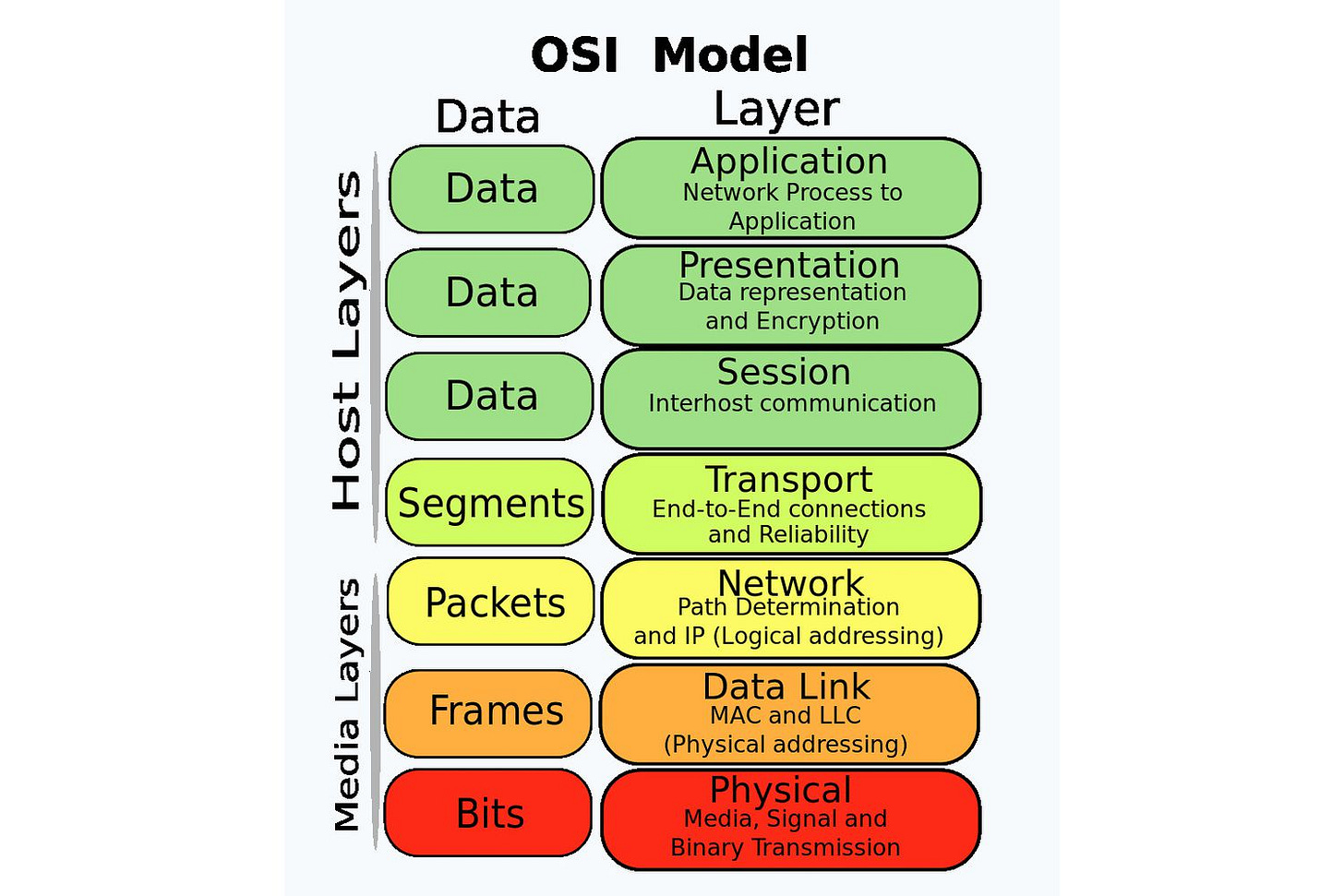How the aliens next door shower
Inkhaven Day 7
Episode Recap
In this series, I have been building up the argument that other people’s internal psychology is much weirder and a lot more alien than it seems on the surface, and that this explains why most humans on this planet fail to make obvious and important inferences. They just don’t think right.
Supporting arguments so far:
Human thought has a lot more degrees of freedom than we manage to remember because surface-level conscious thoughts are made up of many little micro-acts of cognition that we don’t think about. Elaboration here.
Even when they can theoretically execute the same mental motions (not always), e.g., make a deductive argument, different people (and groups of people) have learned very different patterns of using different mental motions. Elaboration here.
Today’s supporting argument is:
Hidden behavior is more varied and surprising than you think
The claim goes like this: when behavior is publicly observed, e.g., how we eat food, or simply how we walk and talk, there is a regularizing and standardizing effect. What mix of conformity instinct, mimicry, and practical convenience causes this, I’m not sure. Restaurants probably like it that they stock knife/fork/spoon, and maybe also chopsticks, and not a long tail of weird utensils to accommodate diverse practices.
Sex might have been a good example of surprisingly weird private behaviors, except that recent research, pornography, and blogs more lurid than this one have been doing a good job of exposing the variety there, and we’re no longer surprised.
Not to worry, I did manage to dig up other details on how people get wet that you might have been unaware of.
Basic dimensions along which showering habits differ are duration, frequency, time of day, and temperature. Some shower in 2-3 minutes with a quick rinse, others commit to a 3+ hour shower with 25 products. Temperatures, of course, range from cold to scalding hot. Some multiple times daily to once every 3 weeks or so.
Some, but not all, urinate in the shower. Some lie down in the shower. Some brush their teeth. Taylor Swift once sparked controversy in discussing how often and when she washes her legs. She claims she washes them when shaving because “shaving cream is like soap”.
There are more niche showering behaviors. Some people eat. There’s a Reddit dedicated to drinking beer in the shower with 400 submissions in the last week. Another Reddit celebrates eating oranges in the shower. One website reports a person doing laundry in the shower by putting their clothes in 5-gallon buckets and stomping on them. One person on the LessWrong team has a waterproof whiteboard and marker so they can write in the shower.
How does one eat a cookie in the shower? The trick, my co-worker explained, is to eat the whole cookie in one go, immediately upon entering the shower. “You just stand there eating it, and the water’s hot, and you’re eating a cookie.” Sounds pretty nice. - Apartment Therapy
“You put your clothes in a 5 gallon plastic bucket with some laundry detergent. And then you stomp on them while you shower.” - Apartment Therapy
shower oranges are single handedly what got me through my first year of university living at the dorms. now that i’m home i have more fruit variety and i encourage you to experience shower peach/ nectarines. i don’t love the fruit out of the shower because of the juices but in it? oh man it’s other worldly 😁 - Reddit
Struggling with life? Bruh, have you even tried a shower orange? It’s low hanging...
What about them shower thoughts?
The shower stuff is but an intuition pump for cognitive variation. People are creative, but showering has got to be lower-dimensional than thinking.
During editing, Justis Mills raised the question of whether there’s actually a large number of distinct mental motions, or just a small number that combinatorially explode. I’d guess it depends at which level we’re looking. Perhaps higher levels have many varied forms (”the molecules of thought”) vs the really low-level stuff (”fundamental particles of thought”??).
I wonder if the mind has an abstraction model akin to the OSI model used to standardize communication between computers. The top layer is made of the kinds of verbal thoughts1 we feel consciously aware of (inner monologue and all that), but you can drill further and further down into both what those high-level thoughts are composed of and the processes that produce them.
The details here are the kind of thing where @Steven Byrnes is doing great work, yet for my model to hold, it’s enough that there are enough moving pieces (parameters?) that people can have very different configurations. And since inner mental operations are hidden, it’s hard to know precisely which perverse things people are getting up to in the privacy of their own minds. Probably the kind of thoughts you’d judge them for ;)
Though people vary in how verbal they report their thoughts to be.



